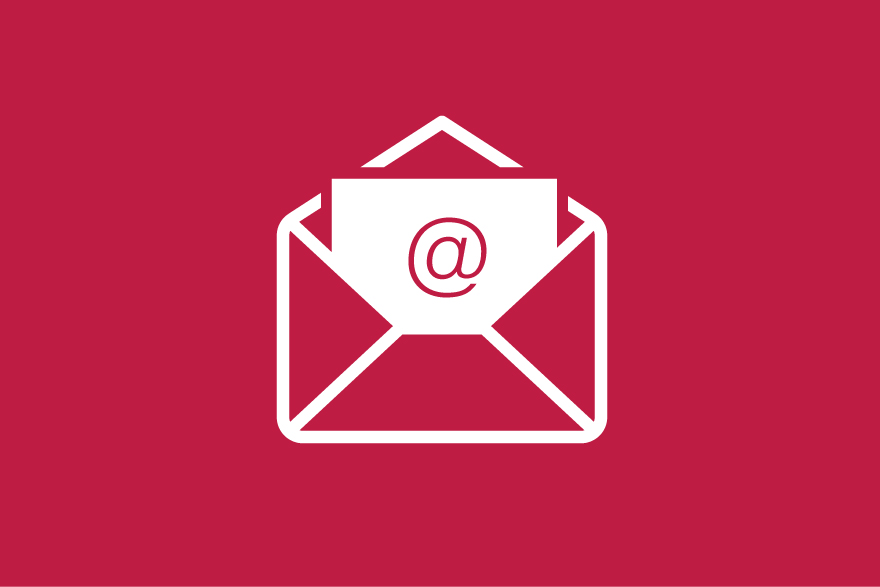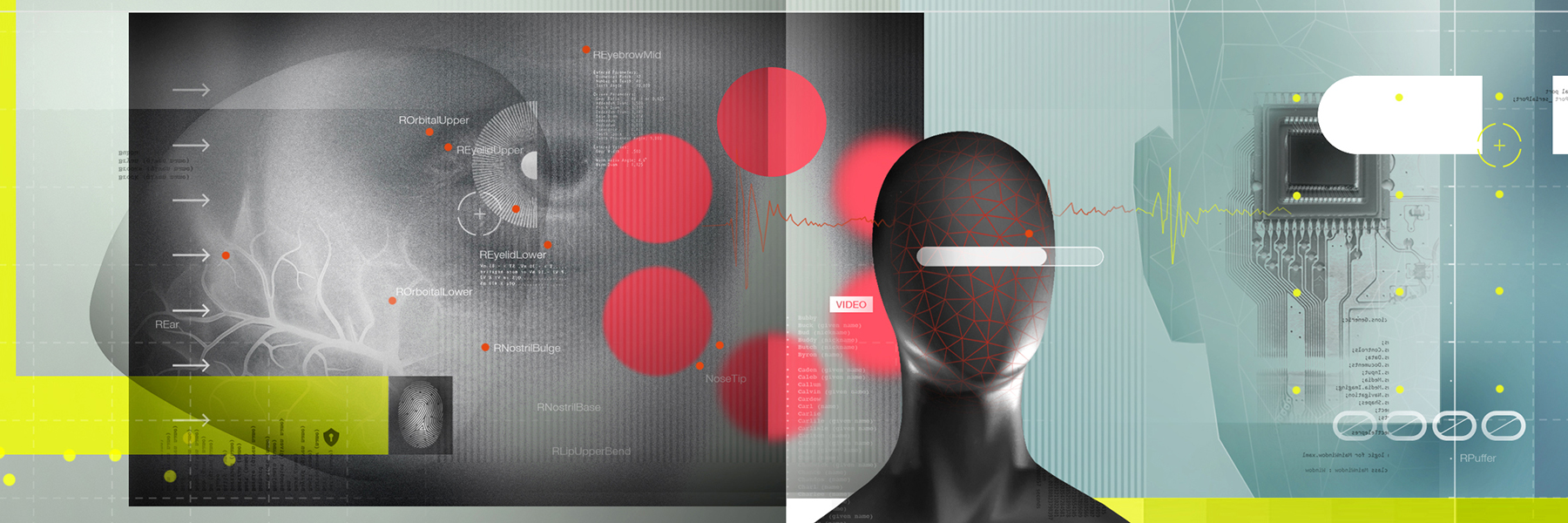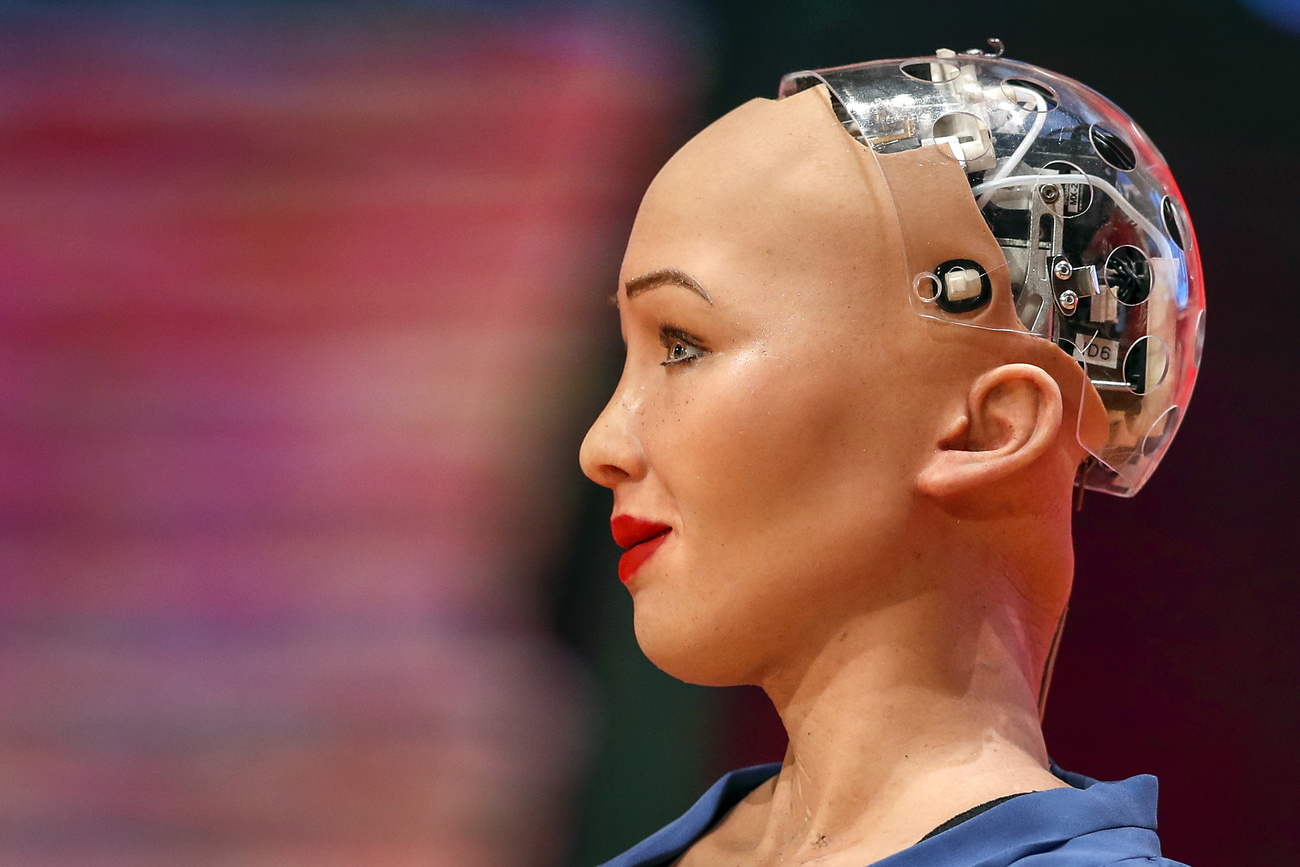
Swiss employees less protected from AI risks than in the EU

In Switzerland, artificial intelligence (AI) is already being used to boost companies' profits and productivity. However, employees face fewer protections from the associated risks compared to other European countries.
Artificial intelligence (AI) makes it possible to work more productively, save costs and increase earnings. This is according to several reports and surveysExternal link. In a recent surveyExternal link by the consultancy EY, 81% of the managers in Switzerland who took part in the survey said they had successfully used AI to save costs and increase profits. This percentage puts Switzerland in the lead in Europe when it comes to transforming work through AI, according to EY.
The survey also shows that Swiss workers are among the least worried about losing their jobs to AI.
But can workers really sleep soundly and not worry about the risks of AI? Algorithm Watch CH highlightedExternal link some shortcomings of the Swiss legal system and the protection of employees from the effects of AI in areas such as recruitment, productivity control or monitoring.

More
Newsletters
According to the non-profit organisation based in Zurich and Berlin, discriminatory databases or systems that increase productivity, for example, can lead to inequality and worsen people’s mental health. But it is difficult to prove and contest such discrimination as the legal instruments currently available in Switzerland are weak, says Angela Müller, director of Algorithm Watch CH. Müller argues that Swiss lawmakers should strengthen individual and collective workers’ rights because AI works at scale and affects large groups of people. “Currently it is not easy to go to court as a collective group,” she says.
More work, more stress because of AI
Unlike other European countries, Switzerland has a rather liberal labour law. Employers have certain freedoms when it comes to dismissing staff, for example. They are under no obligation to inform and consult employees on the use of new technologies if these do not have a direct impact on their health and safety. In contrast, employees in Germany are actively involved in decision-making processes by being represented on management boards.

More
The ‘dialogue’ community wants to know: do we need a four-day work week?
In Switzerland, when AI is introduced in the workplace, employees are usually not consulted, says Isabelle Wildhaber, a professor of labour law at the University of St Gallen. “This is despite the fact that AI often has repercussions for the health and safety of staff,” the jurist points out. Wildhaber gives the examples of psychological distress or burnout due to increased productivity or the feeling of “being watched”.

More
The ethics of artificial intelligence
While generative AI tools such as ChatGPT allow people to work more efficiently, it can also lead to an increase in daily tasks and stress, says Thomas Wälti. Wälti is an ICT service manager who has been working for the Swiss telecommunications giant Swisscom for the past 23 years. He has already noticed that the number of his daily tasks has multiplied in the last two years. “Everything is very fast, you go from one task to the next,” he says. Where he needed four hours to prepare a PowerPoint presentation, he now only needs one thanks to tools like ChatGPT. Equally, employer’s expectations are rising.
“Companies are demanding more and more, because technology allows it,” says Wälti. Wälti says that he performs so many different tasks every day that he sometimes struggles to summarise his day to his children at dinner. “I look in the mirror and ask myself, ‘What did I really do today?’ The quality of work suffers.”
The Swiss union for the communications and media industries, Syndicom, called for greater protections for the physical and mental integrity of workers in a position paperExternal link. “Switzerland lags behind Europe in the regulation of new technologies. But the more accessible and cheaper AI becomes, the greater the impact on the workforce,” says Daniel Hügli, a member of Syndicom’s steering committee. That is why workers’ participation must be strengthened to ensure they are in the loop, adds Hügli.

More
ChatGPT: intelligent, stupid or downright dangerous?
The workforce in Europe is better protected than in Switzerland
Workers in the European Union (EU) seem to be better protected against AI risks than those in Switzerland. This spring, the EU passed the world’s first regulation on artificial intelligenceExternal link that imposes strict rules for the use of AI systems that are considered high-risk, for example in the area of personnel administration or access to employment.
Furthermore, the General Data Protection Regulation GDPRExternal link prohibits, with a few exceptions, fully automated decisions, i.e. made by algorithms without any human intervention. However, such decisions are acceptable under Swiss lawExternal link if the data subject is informed.

More
Has Switzerland missed the train on AI regulation?
Some Swiss companies developing and deploying AI systems are already taking measures to comply with European regulations. Swisscom is among them. “AI is very important to us. We want to be ready,” says Anne Sophie Morand, a lawyer and data governance counsel at Swisscom. “Every AI system that is prohibited under EU law will also be prohibited at Swisscom,” says Morand.
According to Morand, AI systems that are used in HR require special attention since they can make decisions on personnel. “If you implement an AI system that concerns the lives of employees or potential employees it must be checked carefully in advance,” she says. Swisscom continues to relyExternal link on human employees when recruiting; the risk of overlooking good candidates would be too great. “I think there are not many high-risk AI systems in Swiss companies at this time. But there might be in the future,” says Morand.

More
Is artificial intelligence really as intelligent as we think?
Unaware and uninformed personnel
However, staff are often not fully aware of the AI functionalities hidden in the programmes they use on a daily basis. Communication and collaboration platforms such as those from Microsoft are capable of analysing data on staff activities and making predictions on burnout risks.
For example, Microsoft Teams can provide statistics on meeting attendance or presence at the computer, the number of messages and chats initiated and many other activities. These functions are often active in software used in Switzerland, even though the monitoring of staff behaviour is prohibitedExternal link by law.

More
Digitalisation and surveillance at work: is your boss spying on you?
For these reasons, lawmakers in Switzerland should oblige companies to inform and consult staff before implementing algorithmic systems that may have an impact on employee health and safety, reads the legal reportExternal link that Isabelle Wildhaber wrote on behalf of Algorithm Watch and the Syndicom trade union. “It is never a good idea not to involve employees,” says Wildhaber. Wildhaber thinks that many risks posed by AI could be reduced if employers would involve employees more in the company’s decisions. This would also help create trust and increase the acceptance of new systems.
Wildhaber thinks that workers’ fear of losing their jobs is justified. For this reason, they should keep up with technological development because companies will look out for candidates who know how to use AI, she says. “These people will be the best equipped in the future.”
Edited by Sabrina Weiss/amva
More

In compliance with the JTI standards
More: SWI swissinfo.ch certified by the Journalism Trust Initiative





























You can find an overview of ongoing debates with our journalists here . Please join us!
If you want to start a conversation about a topic raised in this article or want to report factual errors, email us at english@swissinfo.ch.